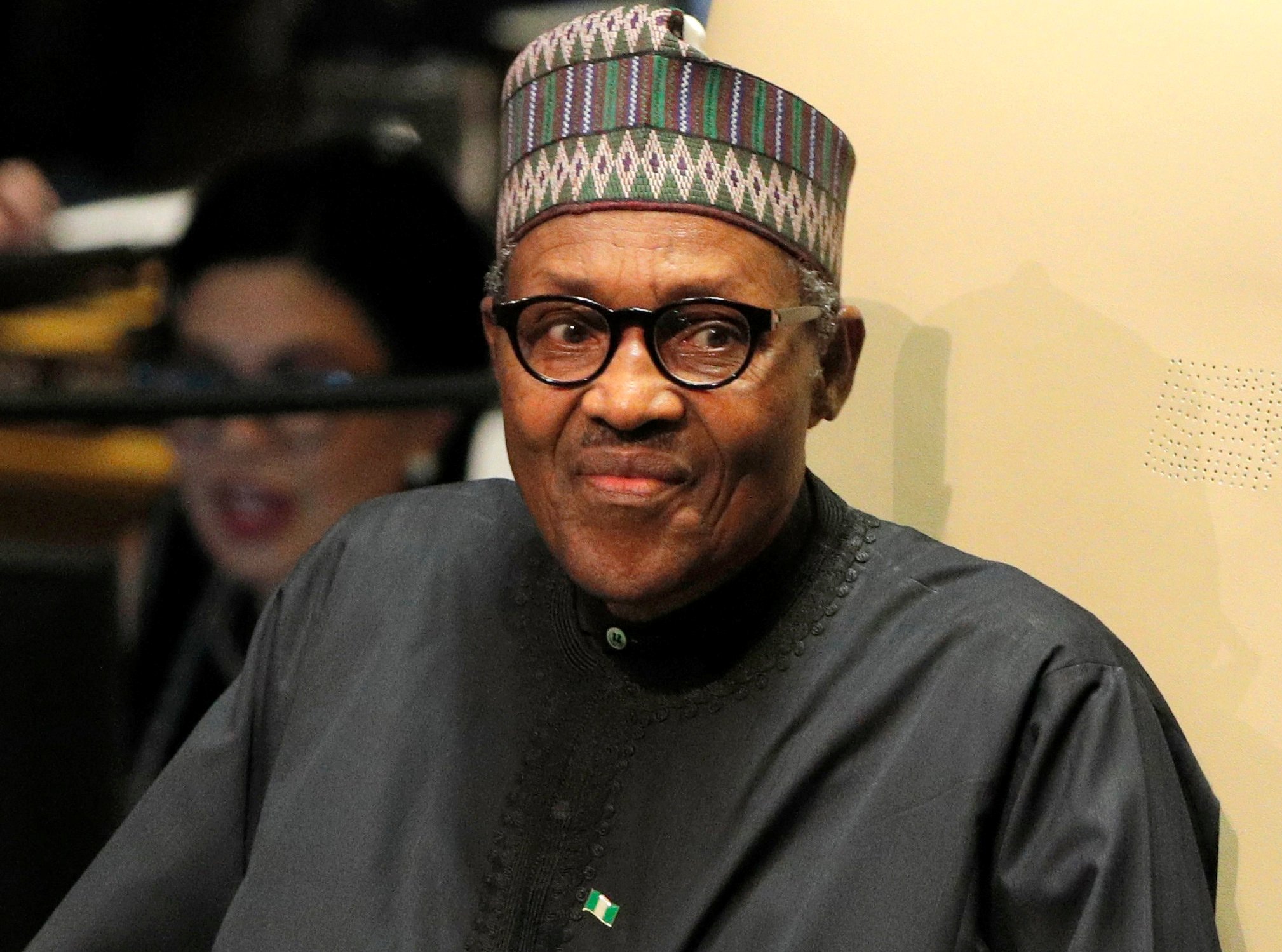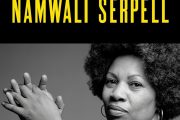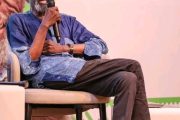Before the space is taken over by pundits harping on who is right and who is wrong, let a more useful hint of what a plausible crisis situation in Nigeria might look like. There would hardly be a better way of capturing it than the part of a 2012 speech by Alhaji Isa Yuguda, a former governor of Bauchi State in which he said that:
“In any event, there will be no winner in such war that these doomsday prophets are advocating. A free-for-all internecine conflict in Nigeria will take on the character of several different battles-an inter-regional, intra-regional religious war between Muslims and Christians; an ethnic war fueled by pent-up tribal grievances within a single state or across the boundaries of neighbouring states; an indigene-settler, farmer-nomad war of attrition and an all-out war between the haves and the have-nots across the length and breadth of the country.
‘’It will be a war without a warfront, because the whole country will be the theatre of battle and every inhabitant a reluctant warrior. And it will be a general war with an unprecedented number of casualties that, in addition, will cause large-scale suffering in which several millions of internally-displaced persons will be rendered homeless and many more refugees will be forced across Nigeria’s borders into neighbouring countries”
The violent tit for tat that is developing in Oyo State has all the potentials of assuming any dimensions. The burning of the house of Sunday Igboho, emergent Yoruba rights activist earlier this morning, sends signal of the sort of sequence of violence that can go out of hands. The message that Nigeria is too big and strategic to be embarrassing itself in rituals of skirmishes does not appear to have sunk. Even if these type of testing of strength do not lead to more complicated situations, are they the type that a potentially great country should be bogged down with?
It is a surprising development, coming after a week of a Dialogue conversation where elite members across the divides – Adebanjo, Jonathan, Jega and many more spoke their minds and endorsed consensus. That dialogue itself was coming on the heels of another conversation at which another set of elite spoke under the emotive slogans of ‘Never Again’, from Bishop Kukah to Peter Obi to Tanko Yakassai, among others.
To whom does Nigeria listen if not its elite?




























